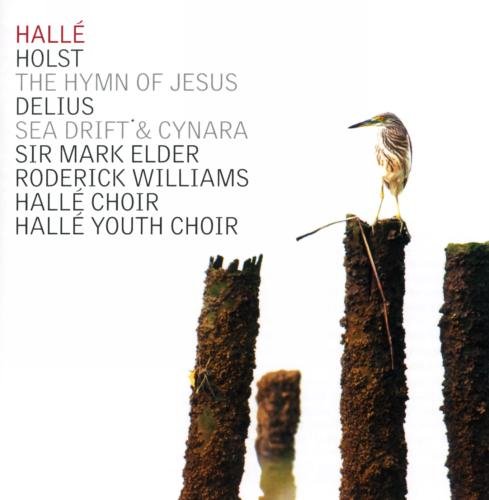“A little skill, a little heart, that’s all,” wrote the 70-year-old Rossini as epigraph to his late, not so small and not always solemn mass. It’s not all, of course. This last major self-styled “sin of old age” (péché de vieillesse) stands in a similar relation to his final, epic opera Guillaume Tell as Verdi’s Falstaff does to his Don Carlos. Only in Rossini’s case the gap was longer, nearly 35 years, and no Otello intervened (Rossini had composed his own operatic version of Shakespeare’s play back in 1816).

An all-British programme – with plenty of Italian flavours – opened to a sold-out Barbican Hall with the overture In the South (Alassio), composed by Elgar during a stay on the Italian Riviera. It isn’t one of his most memorable scores, but it still provides plenty of interest with typical Elgarian exuberance, an unexpected martial episode (imagining the Roman army), and a muted viola solo. It flits from scene to scene like a holiday scrapbook, and Antonio Pappano handled the fluid tempo and dynamic changes with aplomb.

As a generalist (or dilettante) who writes about world, jazz, pop and classical music, I have no doubt that 10 years ago Andreas Scholl was one of the great voices of the planet alongside names like Abida Parveen from Pakistan and Caetano Veloso from Brazil, a vocal Sun King. From an early age he had had success upon success, audiences gave him huge standing ovations, women swooned over him (OK – slightly older women like my mum, who followed him around Europe).
There were, it seemed, enough trumpets to serve Gabriel throughout eternity - and, as fanfares go, this one was stretching a point and then some.


There are occasions when just one band isn’t enough. Hence the rare experience of the Hallé and the BBC Philharmonic joining forces for a performance, in the Strauss’s Voice series celebrating the 150th anniversary of the composer’s birth, of An Alpine Symphony under Juanjo Mena. With around 130 players at his command, on stage and off, along with wind and thunder machines, xylophone, castanets, cowbells and other paraphernalia, Mena had the palette for vividly bringing out all the richness of the orchestral colour.

A question flitted through my mind in advance. Was I down to review La Nuova Musica’s modern premiere of Conti’s baroque opera Issipile, or was it Issipile’s opera Conti? To many music lovers, even those well grounded in history, both possibilities must be equally plausible.

The first half of this concert was quite the family affair: Martinů’s Concerto for Two Pianos featuring the eternally youthful Katia and Marielle Labèque, with the latter’s husband Semyon Bychkov conducting.

Baleful prophecies were rife before the concert. Was Vladimir Jurowski right to let Mahler’s only total tragedy among his symphonies, the Sixth, share the programme with anything else, least of all a new viola concerto in which the solo instrument’s naturally pale cast of thought seemed likely to be indulged by James MacMillan – another composer not afraid of rhetorical angst?


